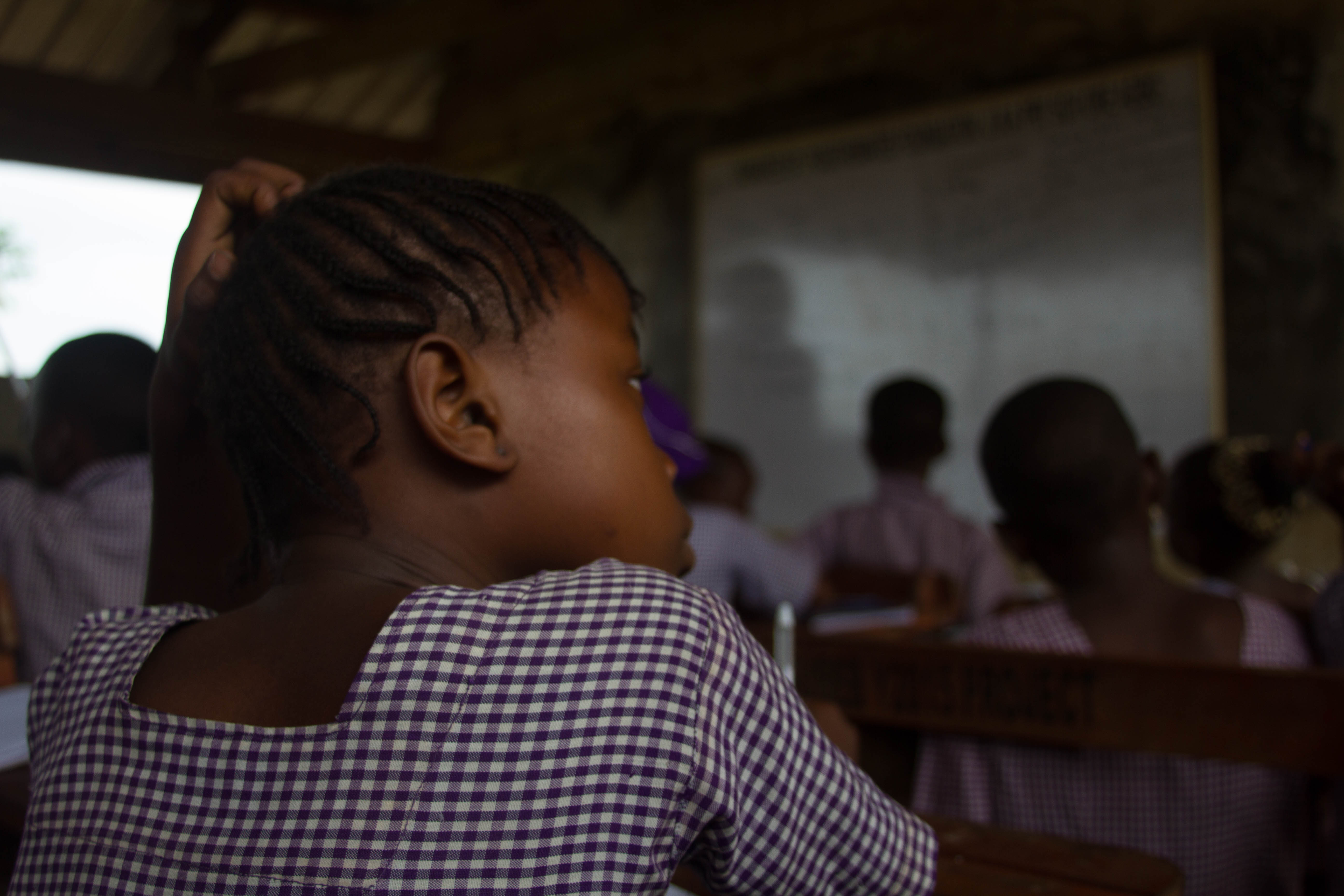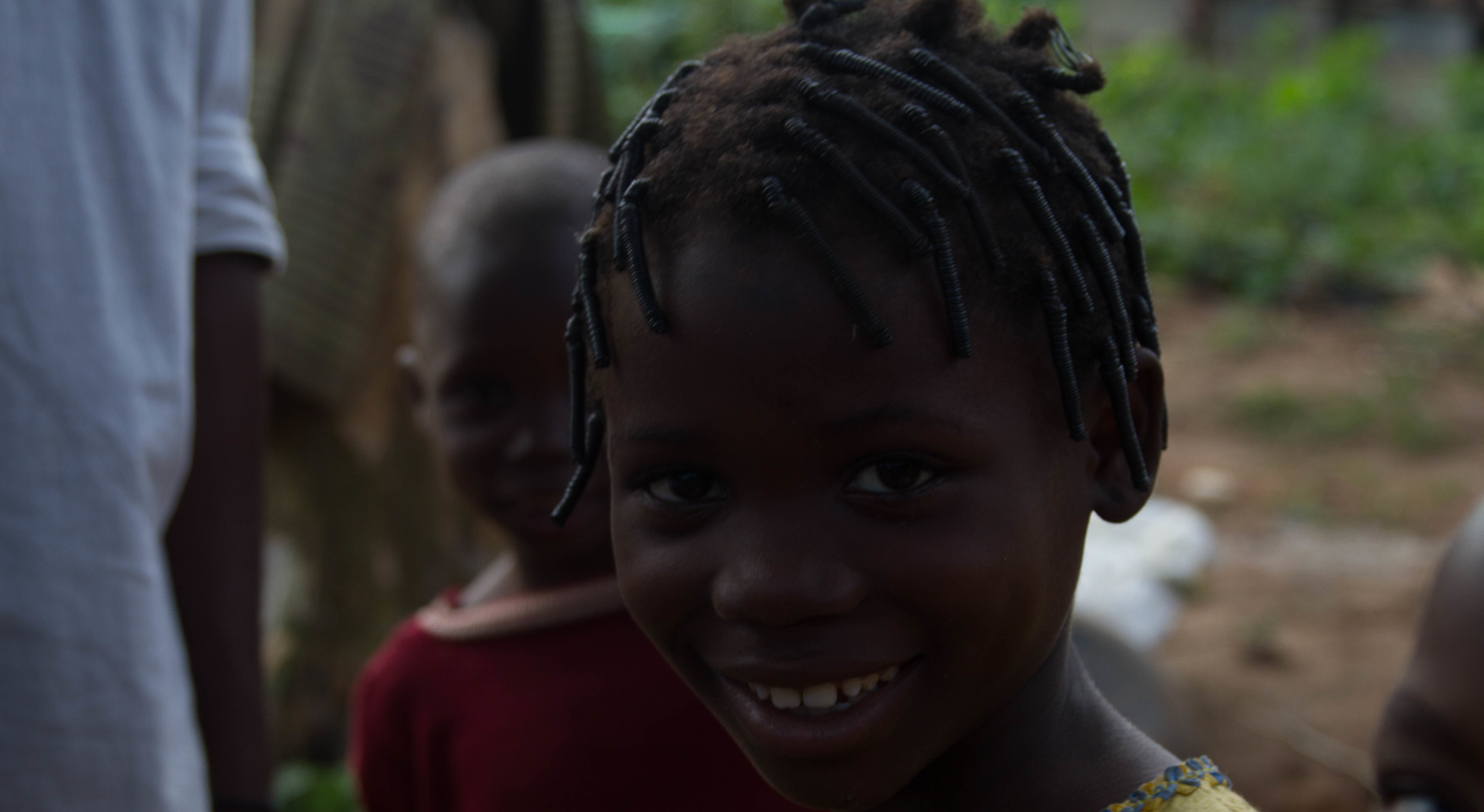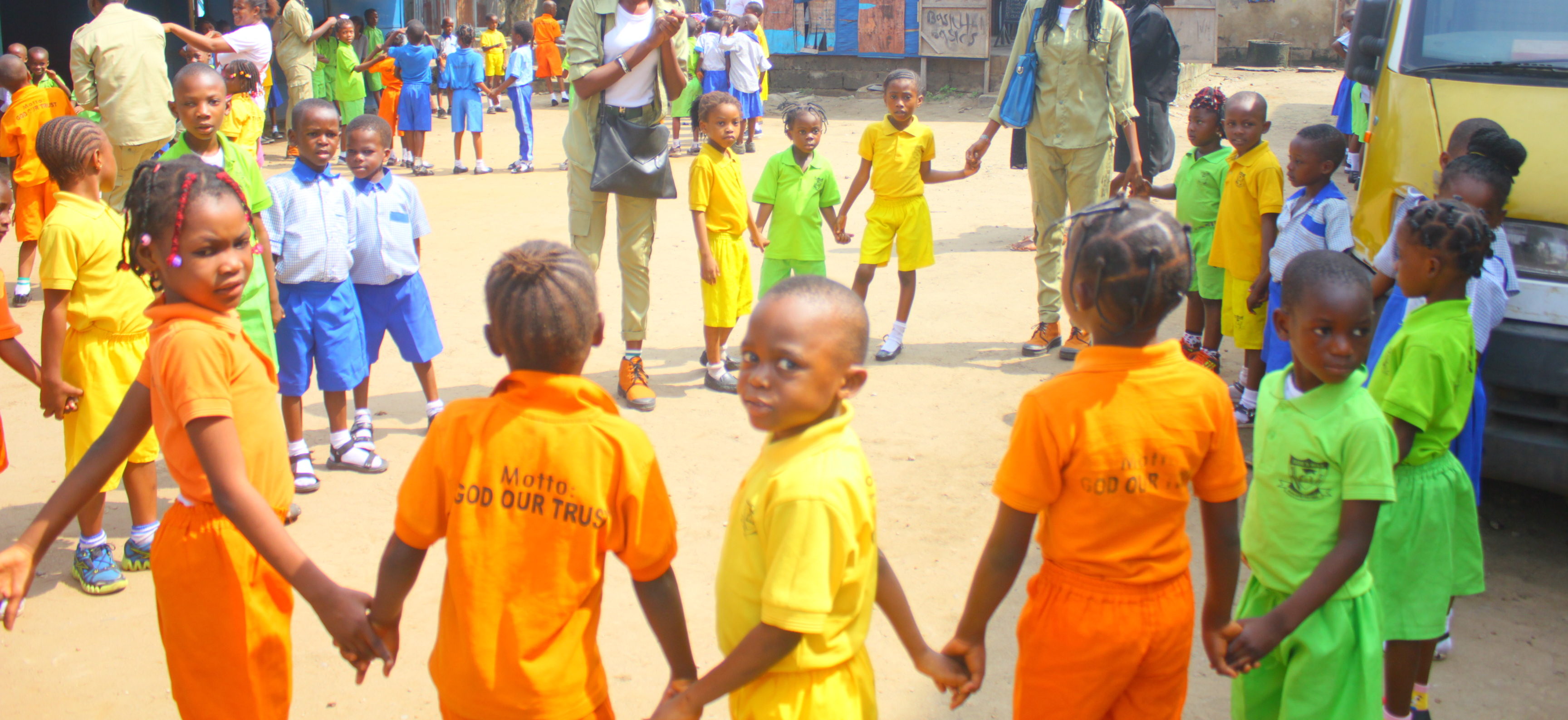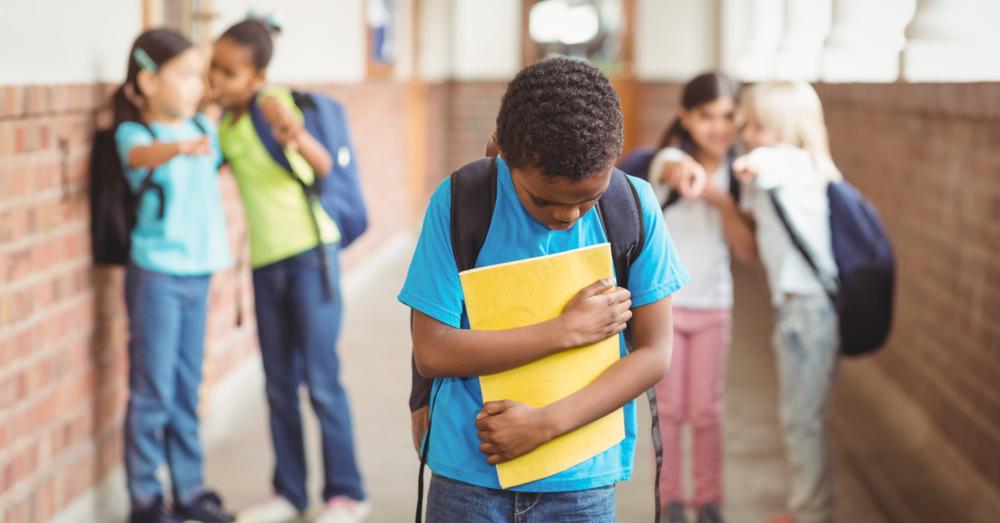
Children in school are not learning
It is no news that majority of students in school are not learning. Here, we would delve into the reason why this is, and express our suggestions of possible solutions to this issue.
To be clear, these are just our opinions and we would like to know yours
- Learning is the process of acquiring new or modifying existing knowledge, behaviors, skills, values, or preferences.
- A school is an institution designed to provide learning spaces and learning environments for the teaching of students (or “pupils”) under the direction of teachers.
If you want to find a child who lacks quality education today, one of the best places to find them is in school. It’s quite ironic that the citadel of learning has now become the breeding ground for “half-baked” graduates. The initial good news is that the children are in school getting some form of education in the least. But the bad news is that their presence in school does not translate to acquisition of knowledge. Hundreds of millions of children are starting school, going day after day, year after year, but not really learning.
Schooling without learning is just time served.
Unfortunately, Nigeria is not excluded from this list of having to school without adequate quality education.
Some primary reasons why kids in school don’t learn include:
.
- Inadequate learning facilities & environment (Such as good chairs, desks, classrooms, e.t.c): Lack of comfort leads to short attention span and lack of proper assimilation and retention of information.
- Emotional problems from home and family: Emotionally stressful events that are experienced by some children in their homes causes for them, the inability to focus or pay attention in class. In such conditions, learning cannot take place.
- Archaic and Uninteresting method of teaching: Students, especially the younger ones can only absorb and retain large amounts of information when they don’t appear as ordinary words on the board. Audio and Visual tools, as well the use of physical objects in the representation of information.
- Lack of interest: The culmination of the aforementioned would lead to disinterest in learning. Then the school stops being about acquisition of information, but rather, a routine.
- Medical challenges: such as dyslexia, cerebral palsy, brain tumor, ADHD
The Sustainable Development Goal 4 (Quality Education), Target 4.1 was set up to address this issue. It states “By 2030, ensure that all girls and boys complete free, equitable and quality primary and secondary education leading to relevant and effective learning outcomes”.
Here are listicles of suggested solutions:
- Provision of Conducive Learning Environment and Adequate Learning Facilities
Comfort is very essential when it comes to learning. There must be adequate learning facilities provided in a conducive environment to ensure that quality learning takes place. It is important that students are provided with adequate facilities for play, in order to relieve them of stress they might experience at home. Competent counselors that would be available to help the students with issues and develop proper coping strategies are also important.
- Modern & Participatory Teaching Methods
It is not only essential that the children are able to hear the words of their teachers, but are also able to see examples of what they are being taught. For instance, it would be much easier to remember parts of the skeletal system when one sees an actual skeleton and can reference one’s body parts
That is how we can turn good news on schooling into good news on education and ensure all children are in school – and learning.
















